New James Bond movie coming as Amazon founder Jeff Bezos has lots in common with author
Jeff Bezos has taken over the James Bond film franchise for $1.6bn. Some say it's the beginning of the end. Bezos may have more in common with Bond's creator than most realise.
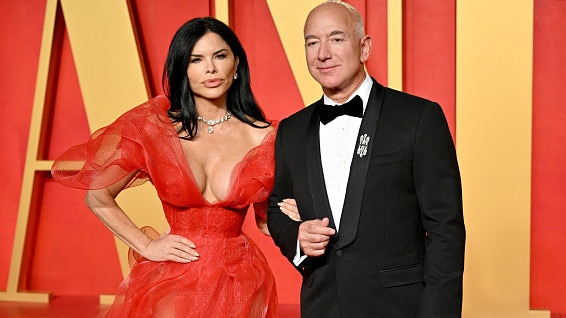
Jeff Bezos probably fancies himself as a Bond-like character – but as he wrests control of the film franchise in a deal reportedly worth $US1bn ($1.6bn), will he be the hero or the villain?
The billionaire’s transformation in the past decade has been remarkable. He is no longer round-shouldered with a pot belly, and while he is bald – having foregone an Elon Musk-style hair transplant – he is not balding.
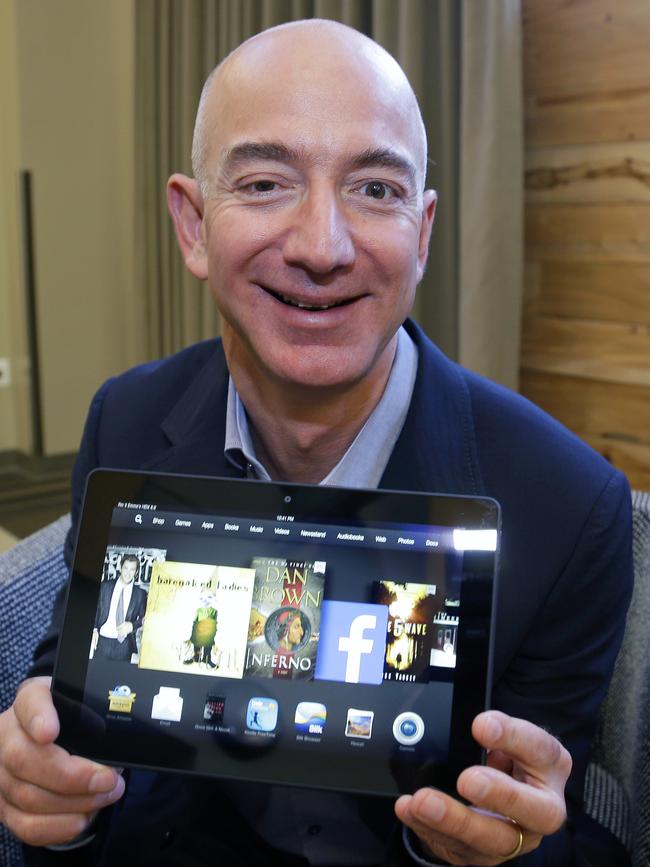
He is fit, sharp, and loves getting around in a tuxedo at every opportunity.
What’s more, Bezos – for years known for his frugality, flying his staff around the globe in economy class and using doors as desks because they were cheaper – is also known for bouts of extravagance.
He spent an estimated $US284m on The Spheres at Amazon headquarters in Seattle – two domes made from about 2600 panes of glass and housing 40,000 plants, including a 15m high fig tree. The eye-watering cost of the building prompted one rival Seattle-based tech exec to dub them the ‘Bezos’s big balls”.
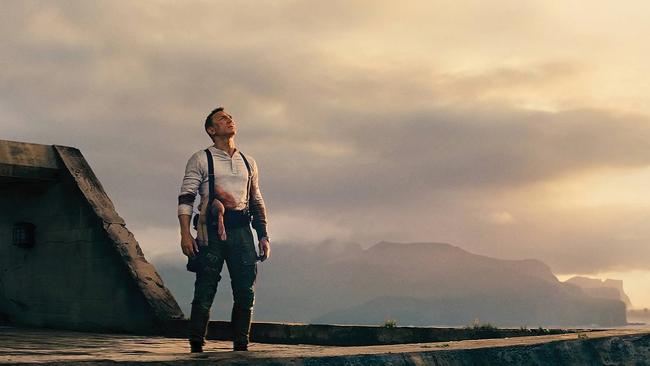
Indeed, the Spheres wouldn’t look out of place in the James Bond novel, You Only Live Twice, where the climax is staged in the antagonists’ ‘Garden of Death’. And Bezos is clearly enjoying himself.
“Who’d you pick as the next Bond?’ he asked his 4.3 million followers on Instagram.
A bit gauche? Certainly. And it has attracted plenty of criticism that under Bezos – and his obsession with data-driven insights – it will be the beginning of the end.
That was the clear message the Broccoli family – who had produced every Bond film since 1962’s Dr No – wanted to send with No Time To Die, Daniel Craig’s last outing as the famed spy.
The film’s ending mirrored the novel You Only Live Twice, where Fleming wrote Bond’s obituary in the final pages.
Killing off Bond in No Time To Die now makes more sense after Amazon assumed control of the franchise.
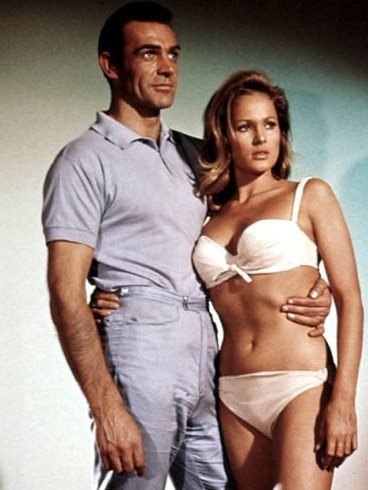
But to quote Mark Twain, the reportage of Bond’s death is an exaggeration. In fact, Fleming may have loved Amazon seizing control of his creation.
And after You Only Live Twice, he penned more adventures, publishing a novel and a three short stories – then there the continuation books that the Fleming Estate controls.
Despite having plenty of snobbish tastes, including his love for luxury brands – Rolex watches, Bentley car, Turnbull & Asser sea island shirts – to add verisimilitude to his gripping novels, Fleming was eager to commercialise his creation.
“If you decide to become a professional writer, you must, broadly speaking, decide whether you wish to write for fame, for pleasure or for money,” Fleming wrote in a 1963 essay, How to Write a Thriller.
“I write, unashamedly, for pleasure and money.”
Fleming was determined to be read widely and adaptations of his work began as early as 1954 – almost a decade before Dr No hit cinemas. There was a one-hour television special aired on CBS, with Barry Nelson as Bond. Then there were comic strips in the Daily Express – not too dissimilar to the idea of spin-offs that have been potentially linked to Amazon’s control of the series.
It was an unstoppable force, particularly after John F Kennedy listed From Russia with Love as one of his 10 favourite books in 1961. And this was before Harry Saltzman and Albert ‘Cubby’ Broccoli shot a frame of celluloid.
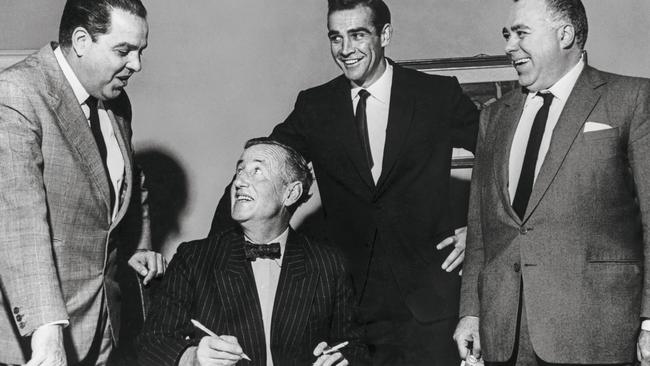
What’s more, Fleming was anti-woke – and it was a thing back then – just as it is now with Bezos lining up with other US ‘tech bros’ to applaud Donald Trump and embrace his policies.
“The craft of writing sophisticated thrillers is almost dead. Writers seem to be ashamed of inventing heroes who are white, villains who are black, and heroines who are a delicate shade of pink,” Fleming wrote in the same 1963 essay.
“My opuscula do not aim at changing people or making them go out and do something. They are written for warm-blooded heterosexuals in railway trains, airplanes and beds.”
On this score, Fleming may have been one of the pioneers of the so-called manosphere – a phenomena that has attracted controversy over its advocacy of men’s rights, critiques of feminism and promotion of harmful stereotypes, and which Trump resurrected to great effect to secure his return to the White House.
So where does this leave Bond under Bezos? And will he bring Bond back closer to his roots under Fleming, who died from a heart attack in 1964 at the age of 56?
Firstly, Bezos is not as erratic as Musk, with his leadership known for blending vision and pragmatism, harnessing technology to better anticipate the needs of customers.
But he isn’t known for empathy.
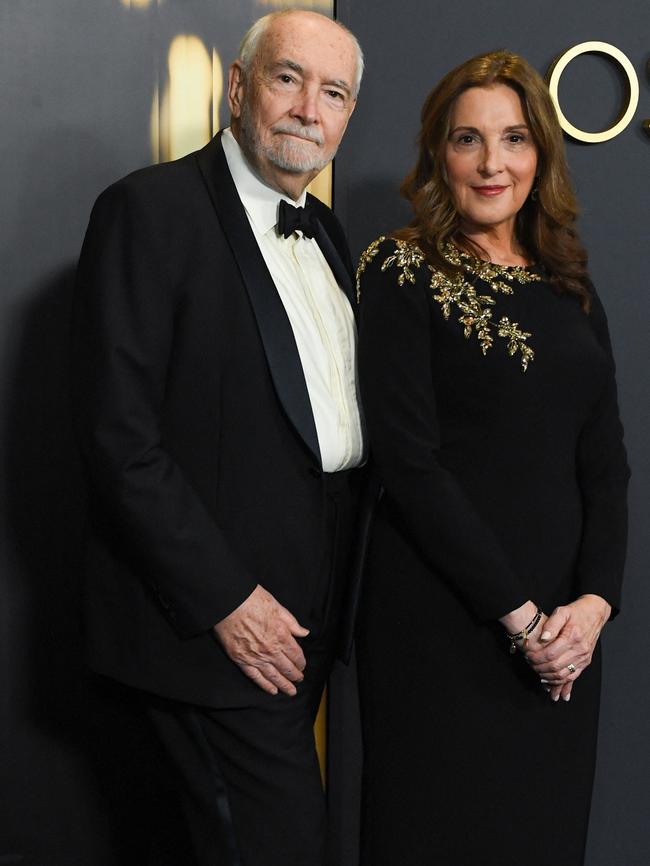
Just look at his relationship with Barbara Broccoli – who inherited the James Bond film franchise from her father Cubby.
Tensions had been simmering between the pair since Broccoli – who with Wilson was known as the heart and soul of the Bond movies – since she told friends that she thought Amazon executives were “f.....g idiots”.
Amazon acquired the right to release Bond films via its $US6.5bn purchase of Metro-Goldwyn-Mayer Studios three years ago and according to The Wall Street Journal, Broccoli did not trust the company’s algorithm-centric approach with a character she helped to mythologise through big-screen storytelling and gut instinct. So much so, she did not even want to make a new movie with the company.
So enraged was Bezos that he reportedly told staff that he wanted to get rid of her – “no matter how much it costs”. The last Bond film risked indeed being the final in the series.
But last month there was a breakthrough.
The years-long stalemate ended in February with Broccoli and Wilson relinquishing creative control to a new joint venture with Amazon. Financial terms were not disclosed but the deal was reportedly worth $US1bn. So much for Amazon frugality. But Bezos has a plan.
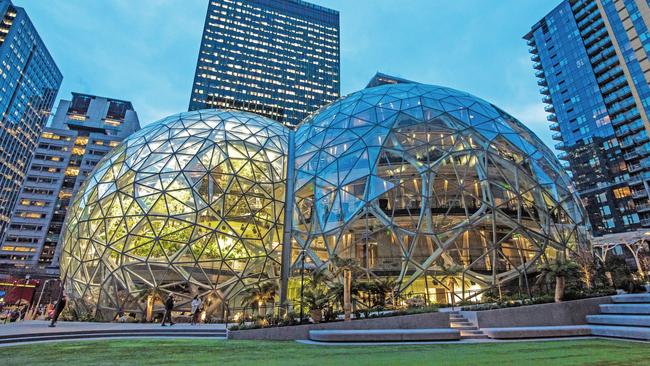
Just look at his “big balls” in Seattle, the Spheres aren’t just an exercise in ego. They serve a dual purpose, bringing nature to the office rather than staff having to go out into the outdoors themselves. In other words, it keeps staff inside the building (they’ve been ordered back to office five days a week and can even bring their dogs).
Spending $US1bn to control Bond displays the same strategic thinking.
A new movie is likely to proceed after a five-year pause – No Time to Die was originally set to be released in 2020 but was delayed by the pandemic – with Amazon controlling who will play Bond, the screenplay and when and where the film will be shot.
Crucially, it gives Amazon another original title – including the potential for spin-offs – for its Prime Video streaming service. Amazon gives away its streaming service for free for those with a Prime subscription – the main value proposition of which is free shipping on its main online store.
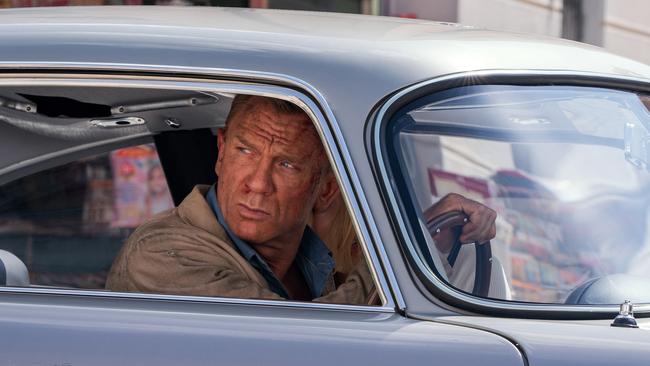
And that is how Amazon has built a multitrillion-dollar empire – keeping people engaged and buying stuff. The Bond films are known for extensive product placement – with Bond even embracing a Nokia rather than a more popular iPhone or Samsung smartphone, because money talks – and therefore embracing consumerism.
That the culture which Amazon thrives on. It exists because it wants people to buy stuff. It even knows what you are going to put in your shopping cart before you do, such is the level of data that it holds. Amazon says this benefits consumers because it means they more accurately stock their warehouses and place them closer to consumers, slashing shipping times.
Combined with Bond it helps create that ecosystem that keeps the consumer sticky and coming back for more. Some may liken it to Hotel California where you “can check out any time you like, but you can never leave”.
But this has also been the key to Bond’s longevity. After all, in the end credits of each film is the classic line “James Bond will return”.




To join the conversation, please log in. Don't have an account? Register
Join the conversation, you are commenting as Logout